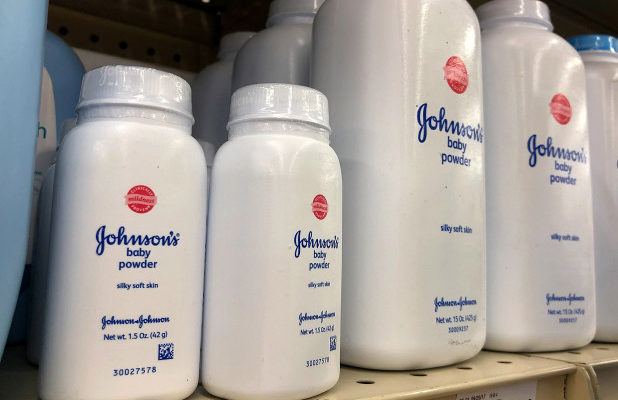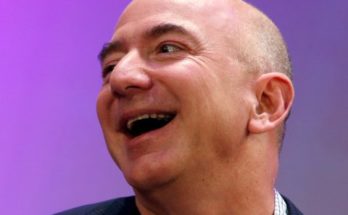By Feuer
Health care giant Johnson & Johnson plans to break itself up into two companies, separating its massive consumer business, which makes Band-Aids, Tylenol and its controversial baby powder, from its pharmaceutical and medical devices units, the company’s departing chief executive said Friday.
The breakup will officially separate the company’s rapidly growing – but very risky – pharmaceutical business, which focuses on prescription drugs, and medical devices business, from its consumer-focused business, home to popular name brands like Neutrogena skin care products and Listerine mouthwash.
“The best path forward to ensure sustainable growth over the long term and better meet patient and consumer demands is to have our consumer business operate as a separate health care company,” CEO Alex Gorsky said in an interview with the Wall Street Journal.
The company announced earlier this year that Gorsky plans to step down in 2022, citing a desire to spend more time with family. Company veteran Joaquin Duato will take over next year.
The $430 billion company’s consumer business has been plagued in recent years by costly lawsuits that alleged its now-infamous Johnson’s Baby Powder caused cancer, though Gorsky told the Journal that the suits didn’t play a role in the decision to break up the company.
Earlier this year, the business unit confronted a run-in with controversy when it recalled five of its Neutrogena and Aveeno spray sunscreens after the company found low levels of benzene, a cancer-causing chemical, in some samples. A lawsuit quickly followed.
Gorsky was light on details in the Journal interview, saying it’s not yet known what the new company will be called, who will lead it and how the split will be structured, though he said J&J planned to structure the deal to avoid taxes.
Shares of J&J popped more than 4 percent in premarket trading on the news. The stock was last seen trading at just over $170.25 per share. The stock’s seen paltry gains of less than 4 percent since Jan. 1.
The decision comes after rivals Pfizer and Merck spun off their consumer businesses in order to focus on the faster-growing pharmaceuticals business, where one hit drug from the research division can deliver billions in sales.
The announcement also comes amid a wave of major breakups of century-plus-old companies, indicating the end of an era of sprawling corporate conglomerates that have long been out of fashion on Wall Street.
Earlier this week, General Electric announced plans to break up into three companies, and earlier Friday, Toshiba announced it too would break up into three separate firms.




